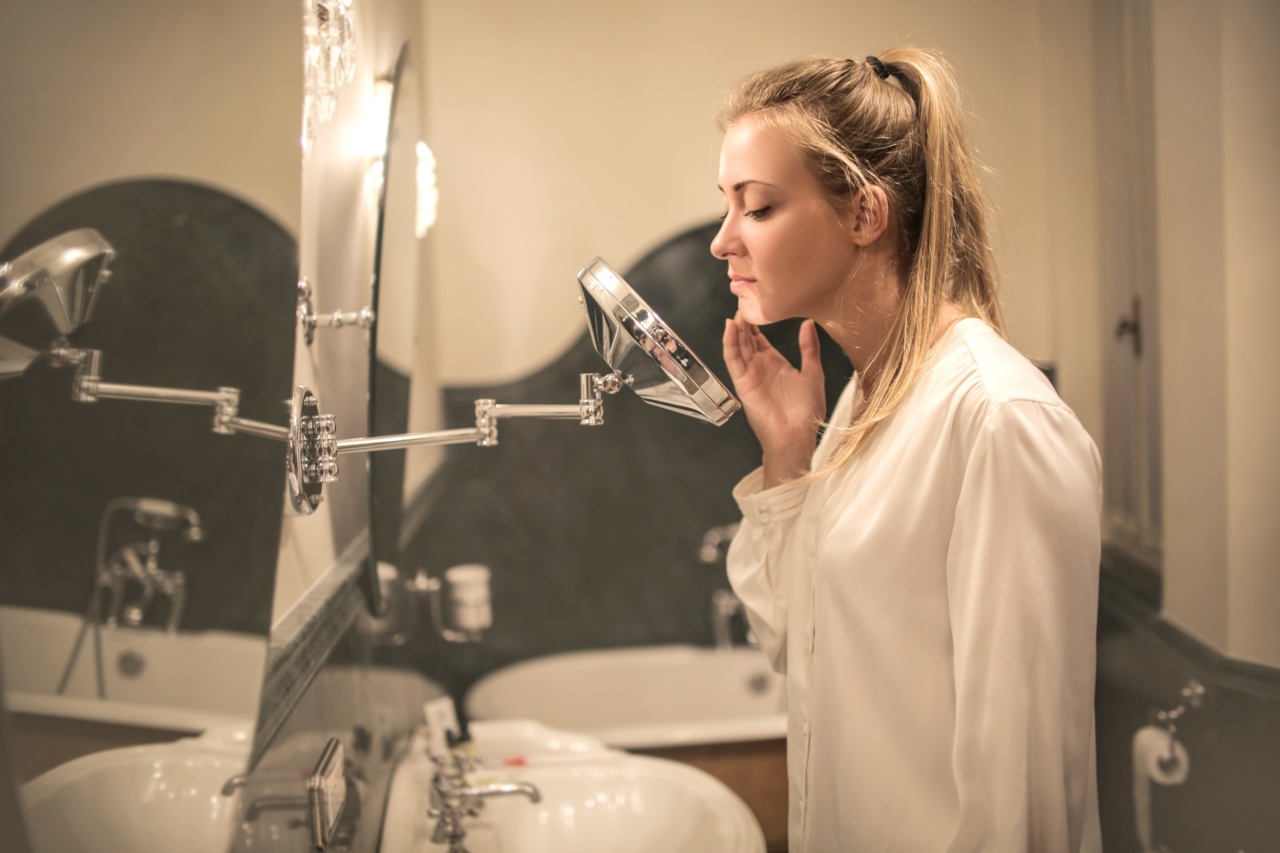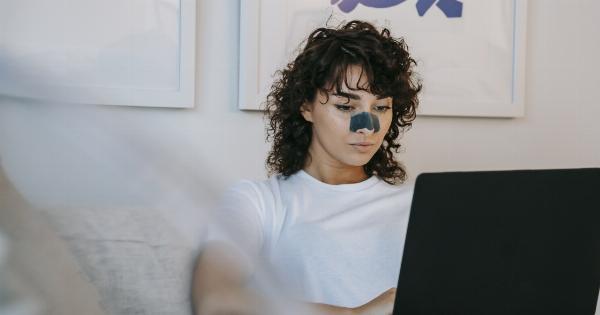Acne is a common skin condition that affects millions of people worldwide. It can be frustrating and can significantly impact one’s self-esteem. However, with the right treatment approach, clear and blemish-free skin is achievable.
In this article, we will discuss some of the best acne treatments that have proven to be effective in combating acne and promoting clear skin.
1. Topical Retinoids
One of the most widely recommended treatments for acne is the use of topical retinoids. Retinoids are derived from vitamin A and work by unclogging pores, reducing inflammation, and promoting the turnover of skin cells.
They are available in various forms, including gels, creams, and lotions. Some common retinoids include adapalene, tretinoin, and tazarotene. When using topical retinoids, it is essential to start with a low concentration and gradually increase it as the skin becomes accustomed to the treatment.
2. Benzoyl Peroxide
Benzoyl peroxide is a powerful acne treatment that effectively kills the bacteria responsible for causing acne. It also helps to unclog pores and reduce inflammation.
Benzoyl peroxide is available over the counter in varying concentrations and can be found in creams, gels, cleansers, and spot treatments. It is important to note that benzoyl peroxide may cause dryness and irritation, so it is advisable to start with a lower concentration and gradually increase it as tolerated.
3. Salicylic Acid
Salicylic acid is a beta-hydroxy acid that helps exfoliate the skin and unclog pores. It is particularly effective for treating blackheads and whiteheads.
Salicylic acid is available in various forms, including cleansers, toners, creams, and spot treatments. It is important to follow the instructions and avoid using products with high concentrations of salicylic acid, as they can cause dryness and irritation.
4. Antibiotics
If acne is more severe or does not respond well to topical treatments, oral or topical antibiotics may be prescribed. Antibiotics work by reducing the population of acne-causing bacteria and reducing inflammation.
Commonly prescribed antibiotics for acne include doxycycline, minocycline, and tetracycline. It is essential to take antibiotics as prescribed and complete the full course of treatment to avoid antibiotic resistance.
5. Hormonal Treatments
Hormonal treatments are primarily used in females with hormonal acne. Oral contraceptives, such as birth control pills, can help regulate hormones and reduce the occurrence of hormonal breakouts.
Another hormonal treatment option is spironolactone, which blocks the effects of hormones that contribute to acne. These treatments may require a prescription from a healthcare professional.
6. Chemical Peels
Chemical peels involve the application of a chemical solution to the skin, which exfoliates the top layer and promotes new skin cell growth. Chemical peels can effectively reduce acne, acne scars, and improve overall skin texture.
They are available in different strengths, including superficial, medium, and deep peels. It is important to consult with a dermatologist to determine the most suitable type of chemical peel for your specific skin concerns.
7. Light Therapy
Light therapy, also known as phototherapy, utilizes different wavelengths of light to target bacteria and reduce inflammation associated with acne.
Blue light therapy specifically targets acne-causing bacteria, while red light therapy helps to reduce inflammation and promote healing. Light therapy can be performed in a dermatologist’s office or used at home with specialized devices meant for personal use.
8. Natural Remedies
There are several natural remedies that may help improve acne-prone skin. Tea tree oil, for example, has antibacterial properties and can be applied topically to help reduce acne lesions.
Other natural ingredients such as aloe vera, green tea extract, and witch hazel have soothing and anti-inflammatory properties. While these natural remedies can be beneficial, it is important to note that they may not work for everyone, and some individuals may experience skin irritation or allergic reactions.
9. Lifestyle and Skincare Habits
In addition to specific treatments, adopting certain lifestyle and skincare habits can greatly contribute to clearer skin. Some essential tips include:.
– Cleansing the skin twice a day using a gentle cleanser.
– Avoiding harsh scrubbing or picking at acne lesions.
– Using oil-free and non-comedogenic skincare products.
– Limiting sun exposure and using sunscreen regularly.
– Keeping hair, hands, and objects that come into contact with the face clean.
– Managing stress through techniques like exercise, meditation, or therapy.
10. Seeking Professional Guidance
If acne persists or becomes more severe despite trying various treatments, it is recommended to seek professional guidance from a dermatologist.
A dermatologist can assess the severity of acne, determine the underlying causes, and provide tailored treatment options to achieve clear skin. They may also suggest more advanced treatments such as oral isotretinoin or acne surgery for certain cases.






























